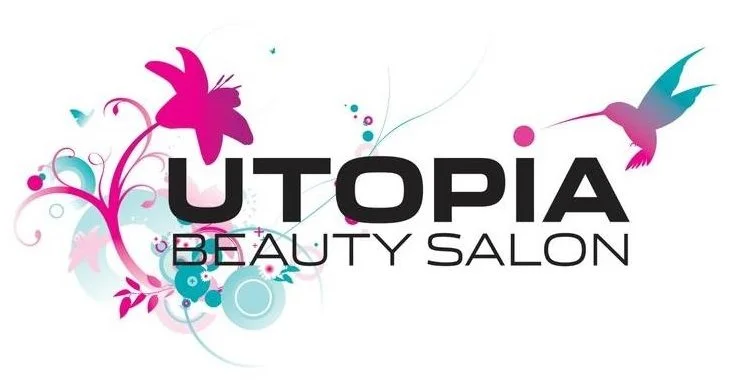You're looking to purchase some skincare products and it's down to two - one states that it is "Paraben Free!"...the other, does not.
Which one do you buy?
Like most people, you're probably more likely to buy the first one - the one that contains no parabens whatsoever. But do you know why?
I know a lot of people who stay away from these ingredients but when I ask them why, they can't give me an answer - "because they're bad for you, right?" But do you even know what parabens are?
Firstly, let's answer that question -
Dr Philippa Darbre
Parabens are preservatives used in different cosmetic, pharmaceutical and even some food products to inhibit the growth of fungus and moulds, keeping the product stable and giving it a good shelf life. The four most common parabens used in cosmetic products are methylparaben, ethylparaben, butylparaben, and propylparaben.
So what's the big deal?
Back in 2004, a report was published by a Dr Philippa Darbre (in the Journal of Applied Toxicology), which examined breast tumour tissue in 20 (yes, only 20) people - and parabens were seen to be present. This started a huge media frenzy in which people took it out of context, and started claiming that parabens had oestrogenic properties (increased amounts of oestrogen has been shown to play a part in the development of breast cancer) and should be avoided as "parabens cause breast cancer".
This information got back to Dr Darbre who, just a few months later, published a report stating that nowhere did she infer this - she simply stated the presence of parabens in the tissue, but had never inferred that this was in fact the cause of the breast tumours. In fact, she said the parabens could have been present from a number of things (like I said before, some foods contain it, and even some toothpastes) and could not be linked to the cause of the tumours themselves. It simply had not been proven that the tumours were present due to the parabens in the underarm deodorant.
In fact, in a peer review (a review in which scientists determine if it is legitimate science) of the original study by Dr Darbre, they found that the sample size was too small and there was no control group.
So, DO parabens have oestrogenic properties?
Dr Diana Howard of Dermalogica
In a review of the oestrogen-like activity of parabens, (Golden et al., in Critical Reviews in Toxicology, 2005) the authors concluded that based on daily exposure estimates, "it is biologically implausible that parabens could increase the risk of any oestrogen-mediated endpoint, including effects on the male reproductive tract or breast cancer".
Interesting, right?
Dr Diana Howard is the vice president of research and development at Dermalogica, and in her position not only researches and develops all of Dermalogica's products, but her and her team also research for Dermalogica's curriculum for training skin therapists - I've had the pleasure of meeting her a couple of times (and a very nice lady she is!).
Dr Howard says "I still think parabens are one of the best preservatives that can be used - they are the least toxic. The amount used in cosmetics is so low and small." It's kind of like avoiding going outside in case you get hit by a car!
However, because of such a huge backlash from the media and such a bad name that parabens now have, consumers are looking to avoid these ingredients, and so more and more companies are finding ways to remove parabens from their formulations, whilst keeping the product preserved and safe to use. So whilst back in the day Dermalogica did use parabens in their products, over the years they have fazed them out, and to date only TWO of their priducts still contain parabens - Soothing Eye Make Up Remover and Special Cleansing Gel. According to Dermalogica, it is an "ongoing reformulation of the line to make it completely paraben-free", which is in a "progressive stage".
SO...do we use parabens at Utopia?
Quite simply, not if we don't have to.
Because it is such a sore topic with consumers, we do look to use products in the salon which do not contain them. Apart from the two products listed above, none of the other products we use in our treatments contain them. Consumers these days are led so fiercely by the media that it is important to us to use ingredients and products that our clients want.
So there you have it - a bigger picture, but one that we understand people still have concerns over. I hope I've helped to shed some light on the subject! I am a self-confessed product snob (anyone who knows me will tell you that!) so I find these things super interesting - after all, we want to know what we're putting on our skin, right?
Nikki x


